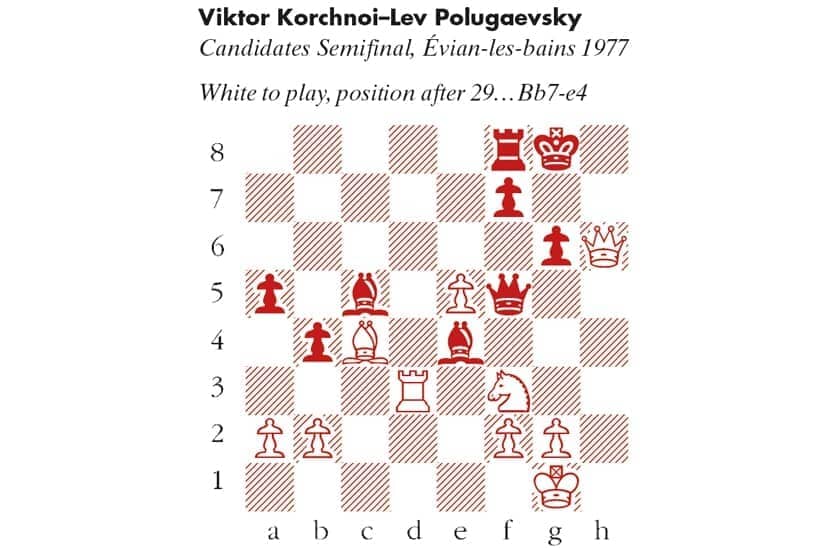When Magnus Carlsen won last year’s Meltwater Champions Tour, they made two trophies. One was for Carlsen, and the second was auctioned online, fetching a sum in digital currency of around $25,000. The trophy only exists as a video showing a stack of rotating gold squares, like a Donald Trump skyscraper from the future.
If you bought it, you’d be right on trend. Earlier in 2021, the winning bid at Christie’s for a digital artwork named ‘Everydays: the First 5000 Days’ came in at $69 million. That was for an elaborate collage created by graphic designer Mike Winkelmann, using the pseudonym ‘Beeple’.
The pixels aren’t worth diddly squat, since anyone can download a copy. But the artwork (like Carlsen’s trophy) was sold in the form of an ‘NFT’ (non-fungible token) registered on a public blockchain. Thanks to cryptography, these tokens can be bought and sold, like a digital certificate of ownership. Unlike the generic pixels, an NFT can be traced back to the person who owns it.
Predictably, multi-million dollar prices have only quickened the stampede into this nascent asset class, which includes plenty of more affordable gewgaws too. It might be just the madness of crowds, but people keep buying them.
Chess-themed NFTs continue to proliferate. In December, Garry Kasparov auctioned off a collection of memorabilia including old photos and scoresheets. Judit Polgar released a digital artwork commemorating her famous victory over Kasparov in 2002. More recently the German company ChessBase experimented with a series of NFTs titled ‘Moments of Genius’, featuring artworks which meld portraits of the world champions with their most famous games. Bidders were placed in a lottery to win a bonus Korchnoi NFT, featuring the game shown below (which was unfamiliar to me).
One shudders to think what the cantankerous Korchnoi might have said about this, though even he might not have matched Brian Eno’s acerbic take in an interview with the-crypto-syllabus.com last year: ‘NFTs seem to me just a way for artists to get a little piece of the action from global capitalism, our own cute little version of financialisation. How sweet — now artists can become little capitalist assholes as well.’
No doubt most are not created for altruistic reasons, and perhaps indeed the Emperor has no clothes. But there is one thing I do applaud: while the ownership is exclusive, the access is not. The NFTs live in the public gallery of the internet, providing a small boost to the game’s ‘digital commons’. It is fascinating to see Kasparov’s early portraits, and the scoresheet from the crucial game 24 of the 1985 World Championship match with Karpov. And because it seems to have changed hands for around $200,000, it should be preserved online for quite some time to come.
Viktor Korchnoi–Lev Polugaevsky
Candidates Semifinal, Évian-les-bains 1977
30 Rd6! A clever deflection. 30…Bxd6 would relieve the pressure on f2, whereupon 31 Ng5 grants White a winning attack Qg4 31 Rf6 Bf5 The bishop must defend g6. If 31…Bxf3 32 Rxg6+ 32 b3 Bd4 32…Qg3 was no better, e.g. 33 Kh1! Bxf2 34 e6 is crushing, or 33…Qxf2 34 Rxg6+ Bxg6 35 Qxg6 Kh8 36 Qh6+ Kg8 37 Bd3 wins. 33 Nxd4 Qxd4 34 Rxg6+ Bxg6 35 Qxg6+ Kh8 36 Qh6+ Kg8 37 e6 Qe4 38 exf7+ Rxf7 39 Qf6 Qb1+ 40 Kh2 Qh7+ 41 Kg3 Qd3+ A tricky resource but it only delays the end. 42 f3 Qxc4 43 Qd8+ Avoiding one last trap: 43 Qg5+ Rg7 44 Qxg7 Kxg7 45 bxc4 a4! and Black wins! Instead, 43 Qd8+ Rf8 44 Qg5+ is an easy win for White. Black resigns






Comments